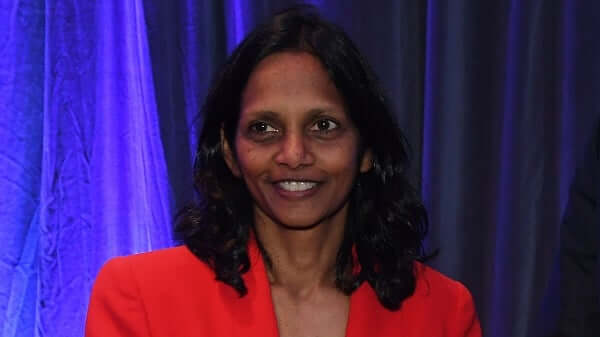After what has been described by media as a surprising low key launch by PM Turnbull of a detailed 500-page report charting the path to Australia’s economic engagement with India, CEDA (Committee for Economic Development of Australia), hosted a lunch-time forum in Sydney to further promote the report.
The 200-odd attendees represented the Department of Foreign Affairs and Trade, the Australia India Business Council, the Confederation of Indian Industry, and Indian-Australian businesses.

Leading the discussion were former NSW Premier Barry O’ Farrell, who is a special envoy for the NSW-India relationship; Peter Varghese, former Secretary, DFAT, who led the development of the India economic strategy; Shemara Wikramanayake, Macquarie Group CEO designate, and Ashok Jacob, Chair, Australia India Council.
Preaching largely to the converted, Peter Varghese stressed in his keynote address the importance of Australian businesses engaging with India. “The message I have is simple – the transformation of the Indian economy is underway,” he said. “India’s economic progress will be uneven but it is irreversible. Australia needs to drive forward a multidimensional strategy driven at the highest levels of government.”
He added, “The risk is that we’re not moving fast enough and Australia might fall behind as other countries accord India a much higher priority, and I believe this is already happening in some areas.”
In his report, An Indian Economic Strategy to 2035: Navigating from Potential to Delivery, he targets growth in Australian investment in India to more than $100 billion, up from $10.3 billion today. It calls for a strategic focus on India, and says priority sectors include education, tourism, resources, agribusiness, energy, health, finance and infrastructure.
Mr. Varghese also stressed on the growing influence of the Indian diaspora in facilitating better economic opportunities and participation at various levels of society. Compared to the professional Indian diaspora in the US, UK, Canada and Singapore though, the Indian diaspora in Australia is yet to achieve similar levels of influence in higher levels of state and federal politics, academia and business, he stressed in his report. He also urged the AIBC to work more closely with corporates rather than focussing more on the diaspora and presenting a united front for business.

Two corporate gurus who contributed to the report also spoke about the opportunities and the pitfalls about doing business with India. Interestingly both Ms. Wikramanayake and Mr Jacob, came across the topic of engagement with India from different sides.
Ms. Wikramanayake said that Macquarie had started slowly, with a stockbroking business in 2004, but now had 1300 staff and managed $3 billion in investments, including in infrastructure such as renewable energy. Macquarie as an investment group has a strong international presence and with the growing weight of money in its pool, India is but a natural home for some of its funds.
“From the risk return of GDP growth of 6-7%, India does justify a place in our portfolio,” she told the CEDA event. “Baby steps is how we started – we were focussed on finding value for our local partners in India and how we could add to India’s economic development.”
Mr Jacob’s frustration with the slow uptake of business opportunities by Australian business was evident. “An ignition switch has to be pressed and someone has to do it. The government needs to do it. No one is expecting a deluge of investment from Australia heading to India,” Mr Jacob said. “But at the moment there’s not even a trickle.”
“There is no more explosive structural growth story than India and that’s the reason why the market has to be looked at very closely,” he said, frustrated with the lack of urgency being displayed by Australian corporates. “Any CEO, any board, that does not take a good hard look at India will be asked in 10 years’ time, did you at least look at it, did you visit the place, do you know what your competitors’ markets in India look like?”
He went on, “There will be some looking back in a decade’s time. An organisation here may look at it and not invest in it, which is fine, but not looking at it in my view would be a crime.”
He could not have brought the point home more strongly.




